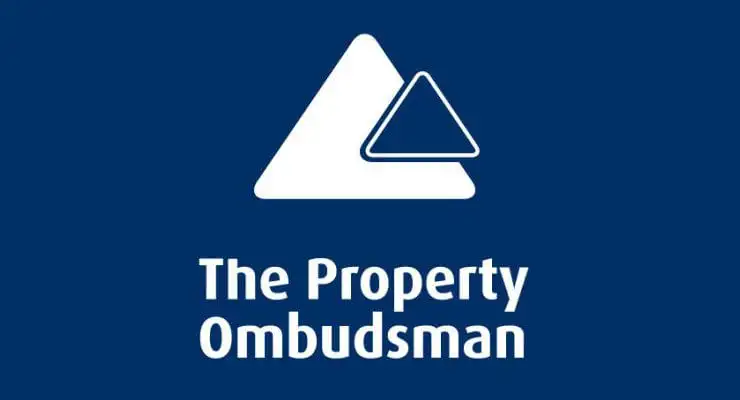Buying and selling property can be complex and involve a long period of negotiations and legal processes. After exchange of contracts both the buyer and seller can be hopeful that the hardest part of the process is over with. However, sometimes the seller chooses or is forced to pull out after exchange and consequently throws everything into disarray.
Exchange of contracts is a process by which both the seller and buyer of a property enter into an agreement to transfer the title of the property from one party to the other on a mutually agreed ‘completion’ date. In the UK, this agreement is a legally binding contract and therefore withdrawing from it before the completion date is known as a breach of contract. Although this is permissible, breaching a contract at any point after exchange will have potentially grave financial and legal consequences for any seller who chooses to do so.
Whilst it is more common for buyers to prevent completion from happening, there are a variety of reasons which may lead a seller to pull out after exchange of extracts. One such reason may be an unforeseen change in their circumstances such as the loss of a job, a divorce or a family bereavement. Another more technical reason for pulling out may be that they are unable to provide ‘vacant possession’. This means that the property will not be empty on completion and as a consequence the buyer’s solicitors will not allow the purchase to be completed.
However, no matter what the reason the seller has for pulling out after exchange of contracts, they will have to face the consequences of breaching a legal contract. If the seller withdraws from the contract the buyer may issue a Notice to Complete. This requires the seller to follow through with the purchase or sale within a period of ten days. During this period, the seller must also pay a daily rate of interest to the buyer who was not at fault for the contracts falling through.
Alternatively, the buyer can rescind or end the contract which has been agreed upon. As a consequence of the buyer’s rescission, the original deposit must be repaid to them by the seller. This is often regarded as the easiest option for the buyer in such a complex situation as they are able to walk away from the transaction and can avoid solicitors’ fees and the taxing and time-consuming task of going to Court. The buyer also has to return, at the seller’s expense, all documents they received during the conveyancing process.
Other losses will also inevitably be experienced by the party who did not choose to pull out. They are freely able to take the other party to Court and sue them for breaching the contract and claim these other losses. These losses can be extremely varied but can include conveyancing fees, mortgage costs and rental and legal charges incurred due to the extension or renewal of a previous lease.









